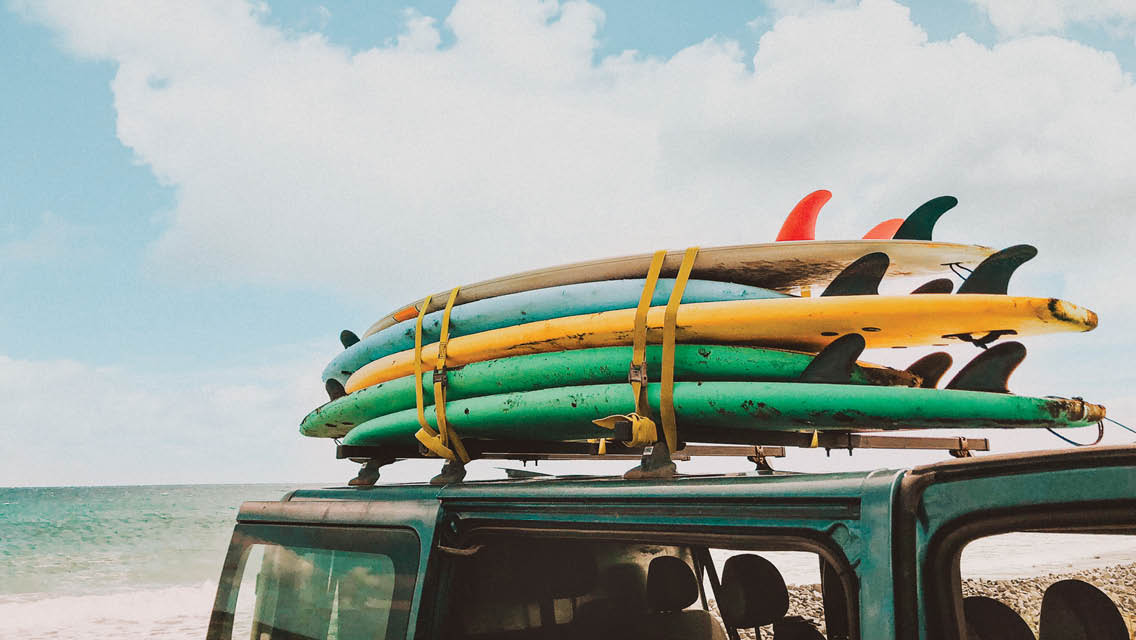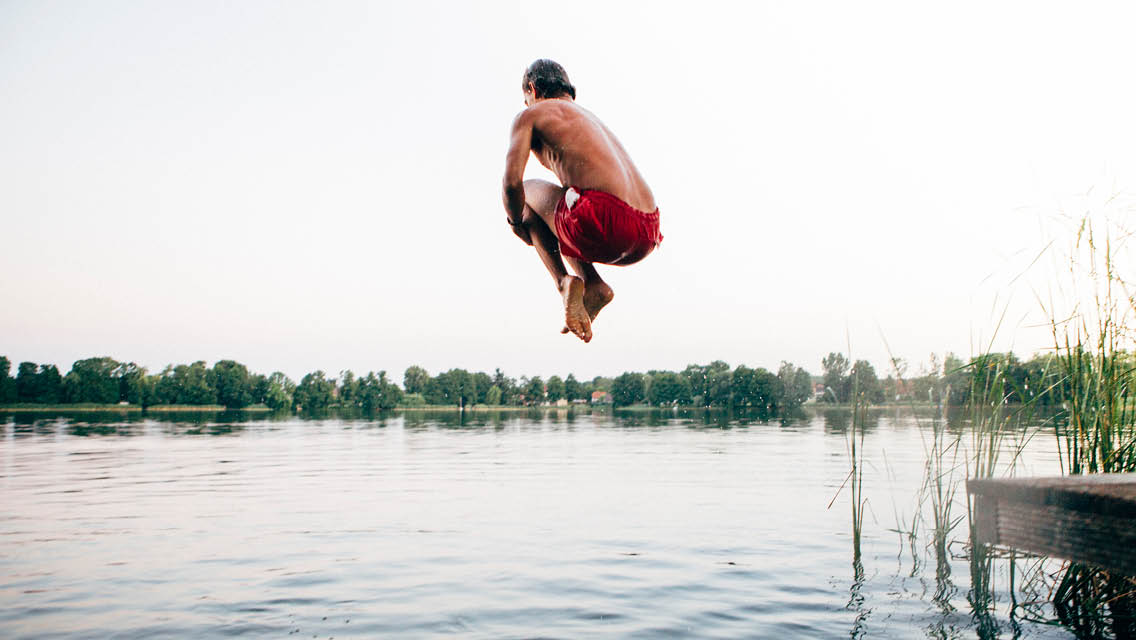Ah, summer! As kids, we waited for it all year long. It meant liberation from school, and months of swimming, playing with friends, and sleeping in.
For most adults, though, the bloom is off. Today’s workplaces tend to operate on a schedule that knows no season.
And over the past year, our sense of time has been distorted by the coronavirus pandemic. Perhaps your first several weeks under stay-at-home orders seemed endless, but now, in retrospect, you may feel as though the time simply flew by. Approaching the onset of the summer months in these trying times could be anxiety-inducing: You don’t want to miss another season that should be overflowing with relaxation and joy.
The situation doesn’t have to be hopeless, though, says work–life balance expert Joe Robinson, author of Don’t Miss Your Life: Find More Joy and Fulfillment Now. Some of our frustrations can arise when we assume that without a summer vacation, we can’t have any summer fun.
Even if we can’t reclaim the expansive hours of summers past, Robinson notes, we can still find some time to relax and refresh. Immersing ourselves in those rejuvenating moments can help boost our inner resources so we can endure whatever challenges the coming seasons offer.
Obstacles to Overcome
Summer can deliver myriad challenges to those pining for the carefree days of their youth. Robinson describes some of the more daunting ones:
- Undervaluing free time. “Americans often simply don’t know how to value free time,” he says, “so we don’t make it a priority.” Many of our boundaries have collapsed over the past year — whether you’ve been working from home, helping your kids with remote learning, or occupying an essential front-line position, you may feel as though your to-do list is too long for leisure. But if you plan your summer and never schedule any open time, it won’t happen.
- Guilt about taking time off. Even deeper than the tendency to undervalue free time is the nagging anxiety that taking time off will produce negative consequences. “We have to fill every moment with something productive,” he notes, or we feel guilty for slacking off. And it doesn’t stop with work. This anxiety “goes for your life outside the job as well, and that’s where it’s the most insidious.” (For tips on how to take time off, check out “How to Take Time Off — Guilt-Free“.)
- Defensive working.You may feel that you have to work “defensively,” as Robinson puts it — logging long hours to show that you’re indispensable. You may be especially tempted to do this now, as so many people have lost their jobs in the wake of the pandemic.
- The “I’m too busy” mindset. Even if you believe free time is valuable, you may feel so frazzled by its perceived absence that you get caught up in the mental grip of busyness and stay perpetually occupied, he says. “This state of mind actually makes people think that every minute of the day is an emergency — and it’s not, of course.”
- Overcommitted parenting. If you have kids at home for the summer — and especially if you’re social distancing — you might feel it’s up to you to fill their every minute with activities, which requires extensive supervision. But remember how fun it was to just hang out in the backyard when you were a kid?
- The lure of screens. Spending hours checking social-media feeds, shopping online, and generally fixating on your smartphone can affect how you experience summer (or don’t). By keeping you distracted, Robinson notes, these artificial “time-off” modes become an obstacle to summer’s three-dimensional delights.
Strategies for Success
A few mindset shifts and scheduling strategies can help you reclaim the joy of the summer months, Robinson says.
- Respect your need for autonomy. “What does summer really evoke for most of us?” he asks. “A sense of total freedom. Freedom is autonomy, and autonomy is one of our core psychological needs.” We’ve all lost this to a certain degree during the pandemic — we’ve had to social distance and wear masks to keep ourselves and others safe. You can still fulfill this need by claiming time for yourself.
- Schedule downtime. “Approach your daily life with the same kind of planning that you use for your career,” he suggests. “Set up a ‘play calendar’ early in the year and figure out when the long weekends are and when you can set up mini-vacations” during the summer. Making plans early has the added benefit of allowing you to anticipate them.
- Ask about summer hours. Flexibility has become the norm for many workplaces since the pandemic struck, so companies may be more willing to consider alternative scheduling during the summer months. Talk to your supervisor to see if you can revise your schedule to allow for longer stretches of time off — like four 10-hour days a week instead of five eight-hour ones.
- Take breaks all year. One of the best ways to ensure more summer fun is to take time off at regular intervals throughout the year, Robinson notes. This makes you less vulnerable to misplaced guilt about slacking off (you’ve proven to yourself that you can fulfill your responsibilities and take breaks). It also keeps you from falling into an energy deficit that can be cured only by weeks of vacation. “You can’t wait for summer to take care of all your needs.”
- Cultivate pastimes. Robinson recommends pursuing activities you really love. Investing creative energy in something other than work keeps you in the habit of reserving time for yourself. (Not sure where to start? Get our tips for finding a hobby at “4 Ways to Find a Hobby“.)
- Remember what matters. As psychologist Erik Erikson famously noted, there are three questions we’re going to ask ourselves at the end of our lives: Did I do what I wanted? Did I get what I came here for? And was it a good time?
This article has been updated. It originally appeared in the June 2016 issue of Experience Life.





This Post Has 0 Comments